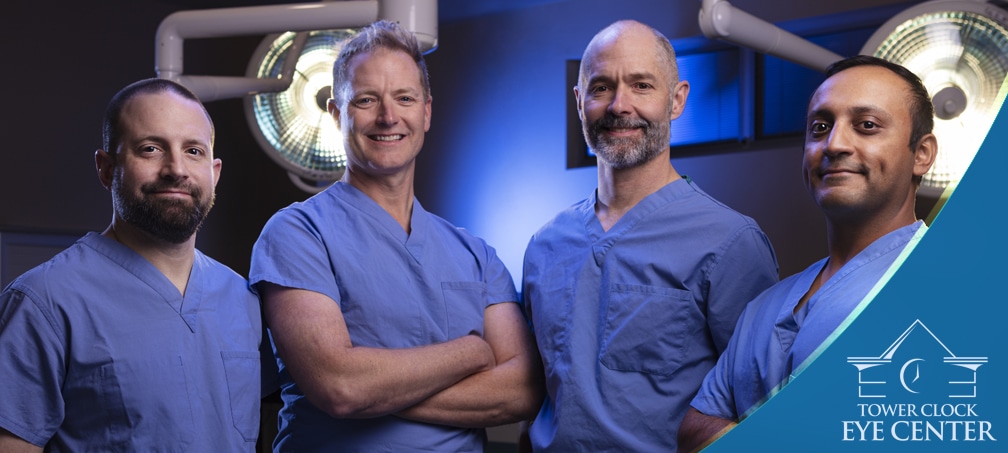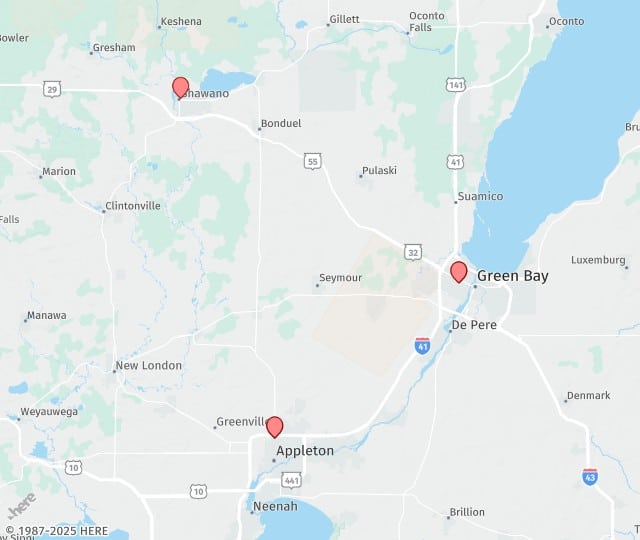
Understanding Corneal Disease and Transplant Surgery
Corneal transplant surgery is a crucial procedure for addressing damaged corneas and corneal disease, including conditions such as Fuchs dystrophy and corneal edema. The cornea, the clear outermost layer of the eye, plays an essential role in focusing light and must remain transparent to ensure good vision.
Corneal conditions that result in diseased corneas, swelling or poor tear film production can lead to blurred vision and difficulty performing everyday activities. For individuals with significant cornea problems, cornea surgery offers hope and can restore sight in otherwise damaged eyes.
Common indications for surgery include corneal decompensation following cataract surgery, corneal ulceration and advanced diseases of the cornea including Fuchs dystrophy.
For patients with damaged corneas, corneal transplantation can be life-changing. Whether through advanced techniques or a traditional corneal transplantation (such as a full-thickness corneal transplant) these procedures help restore vision. For patients who don’t produce enough tears or rely on contact lenses, cornea surgery may improve their quality of life by replacing the damaged tissue with a healthy donor cornea.
Types of Corneal Transplant Surgery
Descemet’s Membrane Endothelial Keratoplasty (DMEK)
This specialized technique replaces the damaged corneal endothelium and Descemet’s membrane with healthy donor tissue. It’s particularly effective for conditions like Fuchs dystrophy and corneal edema.
Descemet’s Stripping Endothelial Keratoplasty (DSEK)
A partial-thickness cornea transplant, DSEK, involves replacing the affected layer of the cornea without disturbing the rest. It’s ideal for patients experiencing endothelial dysfunction.
Full-Thickness Corneal Transplant
Also known as penetrating keratoplasty (PKP), this traditional method involves replacing the entire cornea with donor tissue, making it suitable for extensive corneal damage or severe cornea problems.
The Surgical Procedure
During surgery, the surgeon removes the damaged tissue and replaces it with clear donor cornea tissue. Advanced techniques, like using an air bubble instead of sutures, ensure the transplanted tissue stays in place during the initial healing period.
Patients are often advised to lie flat on their backs or keep their heads face up for 24–48 hours post-surgery. Over the following months, the surgeon may adjust the transplant, including removing some sutures to reduce astigmatism.
Recovery and Aftercare
Vision improvement following surgery is gradual. While noticeable changes may occur within a few weeks, optimal vision can take six to 12 months or more. Eye drops are often prescribed to reduce inflammation, prevent infection and minimize the risk of transplant rejection.
Patients must follow their cornea surgeon’s instructions carefully, including attending follow-up visits and using prescribed medications. Proper care ensures the transplanted tissue integrates seamlessly, reducing complications like swelling or graft rejection.
Risks and Complications

In some cases corneal swelling may occur after cataract surgery, particularly in patients with borderline endothelial function. A thorough evaluation of the cornea’s condition is essential before considering surgery.
Find a Corneal Transplant Surgeon at Tower Clock Eye Center

Dr. Matthew Thompson, MD, utilizes the latest techniques and technologies, ensuring the highest comfort and success rates. Schedule a consultation at Tower Clock to discuss your specific cornea problems and determine if surgery is appropriate for your condition.
Corneal surgery is a life-changing procedure for those affected by severe corneal conditions. With the right care from Tower Clock Eye Center, patients can regain vision and significantly improve their quality of life. Reach out to us at 920-221-0301 to discuss your cornea transplant and eye surgery today.
